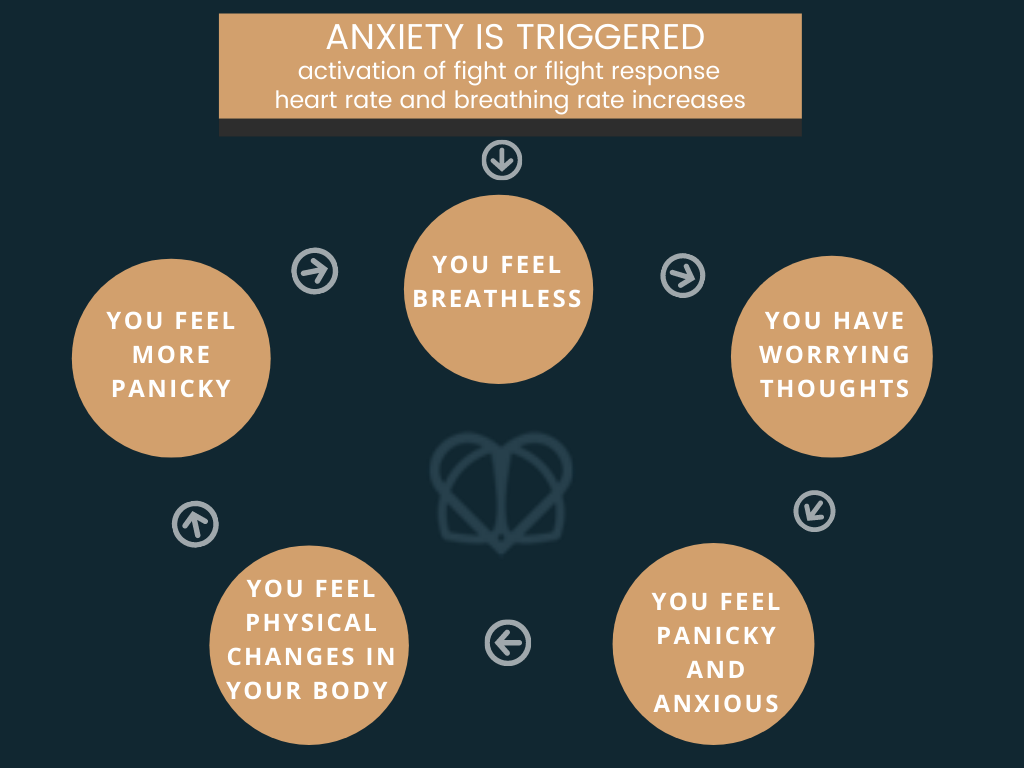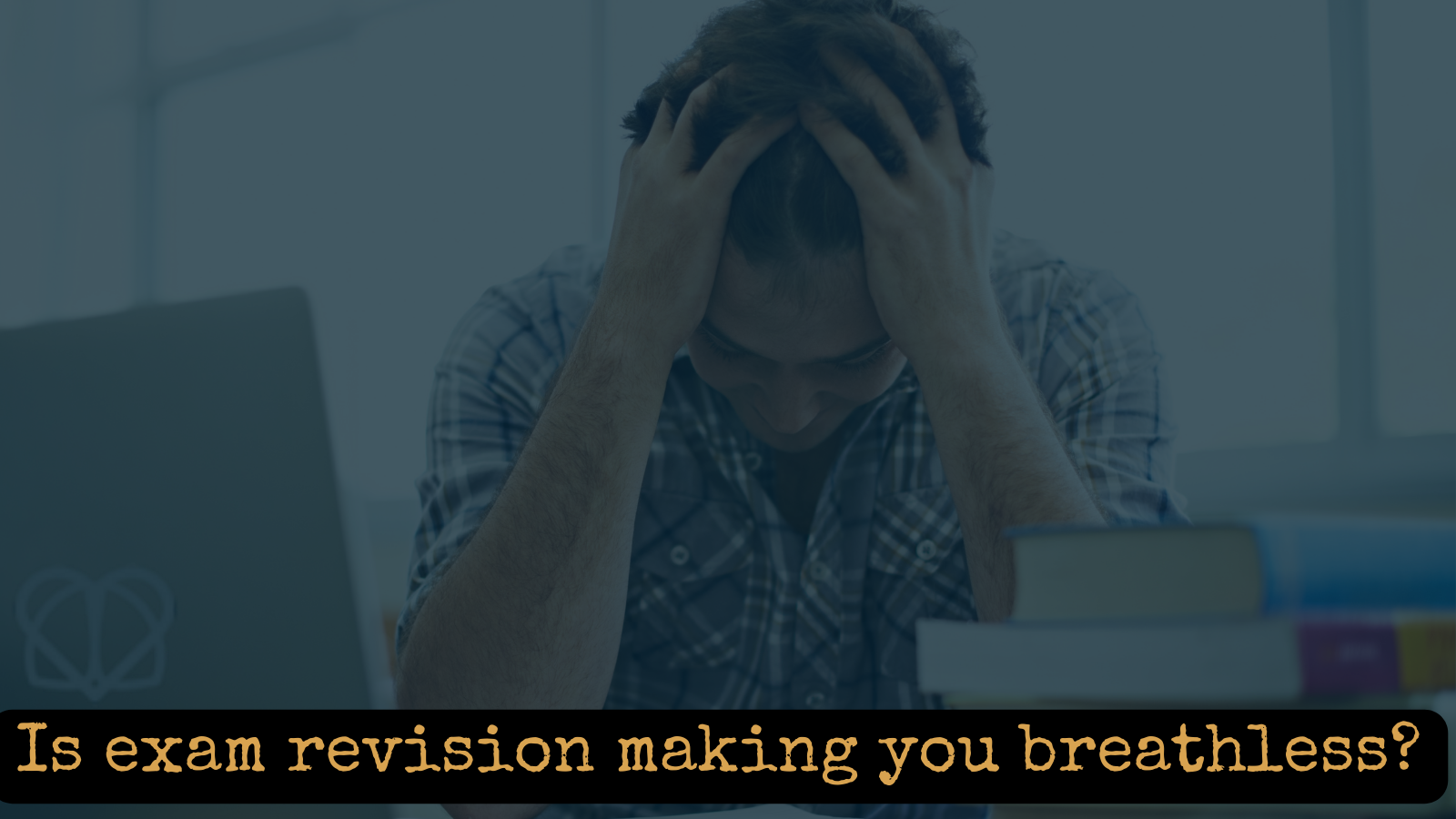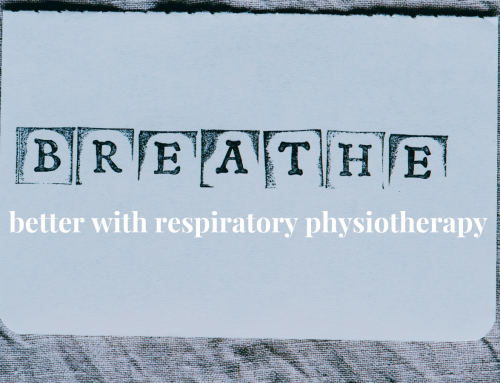With just a few short weeks to go until this year’s GCSE and A Level exams begin, we’ve noticed an increase in the number of patients coming to us with breathing issues relating to increased anxiety. With April being Stress Awareness Month, we thought it would be a good time to take a look at stress-related anxiety, why it happens, why it can affect your breathing and steps you can take to minimise it.
Why does this happen?
Have you heard of the fight or flight response? It’s an automatic physiological reaction to an event that is perceived as stressful or frightening, mobilising the body’s resources to deal with threatening circumstances. When the sympathetic nervous system is activated in this normal response to a ‘stressful’ situation, we experience a change in our breathing/heart rate.
Sometimes stress can be useful, giving us the energy and motivation we need to be more productive. But when these anxiety levels become overwhelming, you may find you’ve entered into a vicious circle: increased levels of stress means you become more anxious. This anxiety then causes you to feel a variety of symptoms such as shortness of breath, tight chest, tingly fingers or hands, slightly sweaty, dizzy, fast pulse – all of which can make you feel more and more anxious…

And so the vicious cycle continues as each symptom exacerbates the next.
The bottom line is that anxiety can affect your breathing, and your breathing can affect feelings of anxiety, which is the last thing you need as you’re trying to revise for your exams! Being able to keep a cool head and keep control of your breathing can help.
How can you minimise the exam revision anxiety/breathlessness cycle symptoms?
There are a number of useful hints and tips that can help you reduce the cycle of anxiety and breathlessness in the high stress period of exam revision:
- Be organised. Having a clear and realistic timetable that is achievable will help reduce the feeling of being overwhelmed.
- Prioritise wisely. You’ll most likely be stronger in some subjects than others. Prioritise weaker subjects that carry the most weight so that you can bring them up to the same standard as your stronger subjects.
- Time off is just as important. While revising is important, so is taking the time to relax. Incorporating stretching exercises, deep breathing meditation and music into your routine will help you feel more relaxed, which will help you feel less anxious.
- Sleep and nutrition are too! Good sleep hygiene always helps, as does eating a balanced, healthy diet. You’ll have more energy, be able to concentrate more and this should also reduce those feeling of anxiety.
- It’s all in the breathing! Deep or rhythmic breathing is a good way to decrease symptoms of anxiety. Breathing can also help focus your thoughts. Aim to breathe deeply from your diaphragm as this will naturally cause your body to relax and can reduce anxiety.
Breathing control exercises get an A*!
Try to build breathing control exercises into your day every day. This focuses on relaxed breathing using the lower chest (diaphragm) to ensure your lungs are filling adequately.
- Lie down on your back, make yourself comfortable, and have your head supported.
- Put one hand on the top of your chest and one hand on your lower ribs or tummy. You may have to move your lower hand around as you practice in order to feel movement.
- Keep your mouth closed. As you breathe in slowly and gently through your nose, focus on your lower rib cage moving out to the side.
- your upper chest should not move. If it is, you might be taking too deep a breath!
- Try to perform this for 10 minutes, twice a day
You can learn more about how to practice breathing control exercises in our YouTube video here.
If you’re still struggling with anxiety, breathlessness and breathing optimally then please do get in touch. Respiratory physiotherapy can help by using a variety of different methods to get you breathing better.
Book an appointment with us online now – or email enquiries@airphysiotherapy.co.uk if you’d like to know more.





